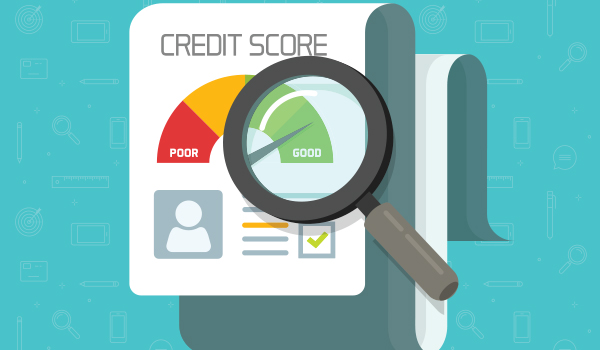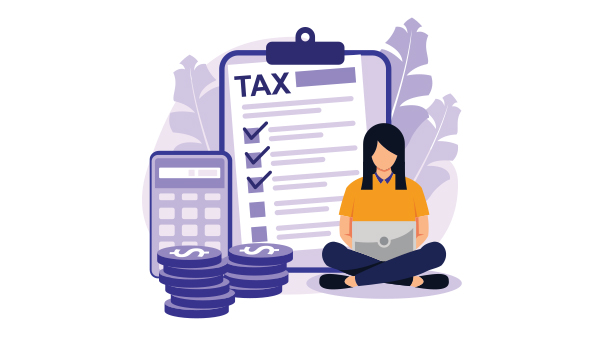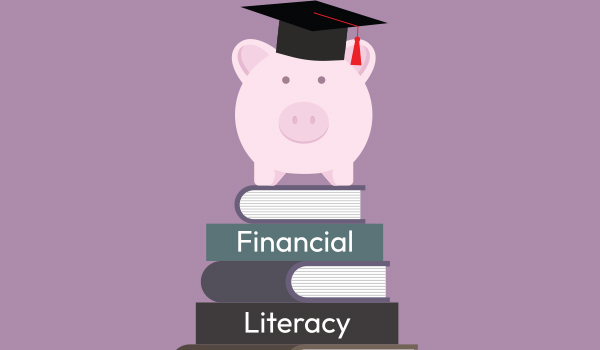In an era where financial decisions have far-reaching implications, equipping the younger generation with the tools and knowledge to navigate the financial world is more crucial than ever.
Financial literacy for students under 18 is not just about managing money; it's about fostering a foundation for responsible decision-making that will serve them throughout their lives.
Defining Financial Literacy
Financial literacy is the ability to understand and effectively use various financial skills, including personal financial management, budgeting, and investing. It's the foundation upon which informed financial decisions and financial stability are built.
This encompasses a broad range of knowledge, from simple budgeting techniques to understanding complex investment strategies. By mastering these skills, individuals are better equipped to navigate the complexities of the financial landscape, avoid common pitfalls, and capitalize on opportunities to grow their wealth and secure their financial future.

Importance of Teaching Financial Literacy to Students Under 18
Introducing financial literacy at a young age prepares students for the real world by equipping them with the knowledge to make informed financial decisions, understand the value of money, and develop skills necessary for financial independence. This early education is pivotal for several reasons:
Prepares for Future Financial Responsibilities
As young adults transition into independence, they face numerous financial responsibilities, including managing student loans, budgeting for living expenses, and making informed career choices. Early financial education lays the groundwork for navigating these challenges effectively.
Promotes Healthy Financial Habits
Teaching financial literacy from a young age encourages the development of healthy financial habits, such as saving regularly, avoiding unnecessary debt, and investing wisely. These habits, once ingrained, are likely to stay with individuals for life, contributing to long-term financial well-being.

Encourages Informed Decision Making
With a solid understanding of financial principles, young people are better positioned to make informed decisions about their finances. This includes everything from choosing the best savings account to understanding the implications of credit card debt and the importance of investing early.
Fosters Economic and Social Independence
Financial literacy is a key driver of economic and social independence. By understanding how to manage money effectively, individuals are less likely to find themselves in financially precarious situations, leading to greater stability and freedom in their personal and professional lives.
Reduces Vulnerability to Financial Fraud
A well-informed individual is less likely to fall victim to scams and fraudulent schemes. Financial education includes teaching young people how to recognize and protect themselves from such threats, safeguarding their assets and future.
Contributes to the Overall Economy
On a broader scale, a financially literate population contributes to a stable and healthy economy. Individuals who make informed financial decisions help to promote economic growth, reduce financial instability, and contribute to a more resilient economic system.
Financial Literacy Topics To Cover With Your Children
Earning and Income
Understanding the various sources of income is fundamental to financial literacy. It's essential to teach that income can come from active sources, like wages and salaries earned from employment, as well as passive sources, such as dividends from investments or rental income from property.
Highlighting the importance of hard work in earning income and the wisdom of diversifying income sources to reduce risk and increase financial stability is crucial. This can include discussions on the gig economy, freelance opportunities, and the benefits of having multiple streams of income.
Budgeting
Budgeting is the process of creating a plan to spend your money, allowing for the prioritization of expenses and the setting aside of money for savings and investments. It involves tracking income and expenses to make informed choices and distinguish between wants (non-essential items and services) and needs (basic necessities like food, shelter, and transportation). Teaching budgeting can involve practical exercises like creating a simple budget based on hypothetical or actual income and expenses.
Saving and Investing
Introduce the concept of saving as setting aside money for future expenses or emergencies, while investing is using money to purchase assets with the expectation of generating a return.
Discuss the importance of compound interest and how it can grow savings over time, emphasizing the adage that "time in the market beats timing the market." Use examples to illustrate different investment vehicles, such as stocks, bonds, mutual funds, and retirement accounts.

Credit and Debt
Explain that credit is borrowed money that you can use to purchase goods and services when you need them, with the promise to pay back later, often with interest. Discuss different types of credit, including credit cards, personal loans, and mortgages. Highlight the importance of using credit wisely, the impact of debt on financial health, and how good credit scores can lead to better interest rates on loans and credit cards.
Banking and Financial Institutions
Cover the basics of banking, including the types of accounts available (checking, savings, share certificates/CDs), the services offered by financial institutions, and how to use these services responsibly. Discuss the difference between a credit union and a bank, talk about the role of financial institutions in the economy, the importance of NCUA insurance, and how to choose the right financial institution for one’s needs.

Understanding Taxes
Explain how taxes work, including income tax, sales tax, property tax, and other common taxes. Discuss why taxes are collected by governments and how they are used to fund public services and infrastructure. Introduce the concept of taxable income and basic strategies for tax planning and filing.
Financial Planning and Goals
Discuss the importance of setting financial goals, both short-term and long-term, and developing a plan to achieve them. This can include saving for a car, funding a college education, or planning for retirement. Emphasize the importance of being specific, measurable, achievable, relevant, and time-bound (SMART) in goal setting.
Insurance
Introduce insurance as a way to manage risk and protect against significant financial losses. Discuss different types of insurance, including health, auto, life, and homeowners or renters insurance, and how each can safeguard against unforeseen events.
Risk Management
Explain the process of identifying potential risks (financial or otherwise) and taking steps to minimize or manage the likelihood or impact of those risks. This can include diversifying investments, purchasing insurance, and establishing an emergency fund.
Consumer Skills and Protection
Teach how to make informed decisions when purchasing goods and services, including comparing prices, reading reviews, and understanding warranties. Discuss consumer rights and how to seek recourse if a product or service does not meet expectations.

Philanthropy and Charitable Giving
Discuss the importance of giving back to the community and supporting charitable causes. Explain how philanthropy can be part of a financial plan, including tax benefits and the personal satisfaction of helping others.
Understanding Loans
Cover the basics of loans, including the difference between secured and unsecured loans, interest rates, and the terms of repayment. Discuss the importance of understanding the total cost of a loan and the implications of defaulting on a loan.
Role of Government in Finance
Explain how government policies and regulations impact the economy, personal finance, and the operation of financial markets. Discuss the role of central banks, such as the Federal Reserve in the U.S., in managing the economy.

Identity Theft and Fraud Prevention
Teach strategies for protecting personal information and preventing identity theft and fraud. Discuss the importance of monitoring financial accounts, using secure passwords, and being cautious about sharing personal information online.
Retirement Planning
Introduce the concept of retirement planning and the importance of starting early. Discuss different retirement savings options, such as 401(k)s and IRAs, and the benefits of compound interest over time.
Real Estate Basics
Cover the basics of buying, selling, and investing in real estate. Discuss the importance of location, market trends, and the costs associated with owning real estate, including mortgages, taxes, and maintenance.

College and Education Financing
Discuss the costs of higher education and the various options for financing it, including scholarships, grants, work-study programs, and student loans. Highlight the long-term impact of borrowing for education and strategies for minimizing debt.
Economic Principles
Introduce basic economic principles, such as supply and demand, inflation, and the role of government in the economy. Discuss how these principles affect individual financial decisions and the overall economy.
Digital Finance and Online Banking
Discuss the rise of digital finance, including online banking, mobile payment apps, and cryptocurrencies. Cover the basics of using these technologies safely and the importance of protecting financial information online.
Entrepreneurship
Encourage entrepreneurial thinking by discussing the basics of starting and managing a business. Cover topics such as creating a business plan, financing a startup, and understanding the financial responsibilities of business ownership.
The importance of teaching financial literacy to students under 18 cannot be overstated. It is a critical investment in the future of our youth, empowering them with the knowledge and skills they need to navigate the financial challenges of adulthood successfully. By prioritizing financial education, we can help ensure that the next generation is prepared to make smart financial choices, leading to a lifetime of financial stability and success.

